Refine listing
Actions for selected content:
1299800 results in Books
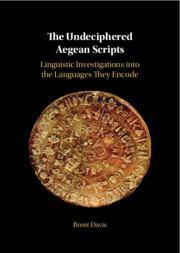
The Undeciphered Aegean Scripts
- Linguistic Investigations into the Languages They Encode
- Coming soon
-
- Expected online publication date:
- February 2026
- Print publication:
- 28 February 2026
-
- Book
- Export citation

Political Belonging in the Ghana–Togo Borderlands
- Citizenship and the Vote at the Margins of the State
- Coming soon
-
- Expected online publication date:
- February 2026
- Print publication:
- 28 February 2026
-
- Book
- Export citation

Heidegger and German Platonism
- The Shadows of Marburg
- Coming soon
-
- Expected online publication date:
- February 2026
- Print publication:
- 28 February 2026
-
- Book
- Export citation

Labor in Hard Times
- Workers' Legal Mobilization at the European Court of Human Rights
- Coming soon
-
- Expected online publication date:
- February 2026
- Print publication:
- 28 February 2026
-
- Book
- Export citation
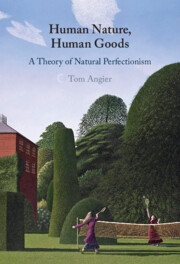
Human Nature, Human Goods
- A Theory of Natural Perfectionism
- Coming soon
-
- Expected online publication date:
- February 2026
- Print publication:
- 28 February 2026
-
- Book
- Export citation

Case Studies: Stahl's Essential Psychopharmacology
- Forensic Psychiatry
- Coming soon
-
- Expected online publication date:
- February 2026
- Print publication:
- 28 February 2026
-
- Book
- Export citation
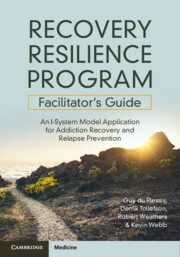
Recovery Resilience Program Facilitator's Guide
- An I-System Model Application for Addiction Recovery and Relapse Prevention
- Coming soon
-
- Expected online publication date:
- February 2026
- Print publication:
- 28 February 2026
-
- Book
- Export citation

Double Glass Ceiling
- The Class Effects of Gender Representation
- Coming soon
-
- Expected online publication date:
- February 2026
- Print publication:
- 28 February 2026
-
- Element
- Export citation
The Logic of Corruption
- Why it Persists and Why Reforms Fail
- Coming soon
-
- Expected online publication date:
- February 2026
- Print publication:
- 31 March 2026
-
- Book
- Export citation

Determining Provenance from Compositional Data
- Coming soon
-
- Expected online publication date:
- February 2026
- Print publication:
- 28 February 2026
-
- Element
- Export citation

The Hindu/Presidency College
- Excellence and Exclusion
- Coming soon
-
- Expected online publication date:
- February 2026
- Print publication:
- 30 April 2026
-
- Book
- Export citation
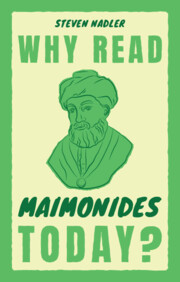
Why Read Maimonides Today?
- Coming soon
-
- Expected online publication date:
- February 2026
- Print publication:
- 31 January 2026
-
- Book
- Export citation
Attunement to Others
- Multispecies Cohabitation in the Anthropocene
- Coming soon
-
- Expected online publication date:
- February 2026
- Print publication:
- 01 May 2027
-
- Book
- Export citation
Sociology of Gender in India
- Contemporary Issues and Perspectives
- Coming soon
-
- Expected online publication date:
- February 2026
- Print publication:
- 01 May 2027
-
- Book
- Export citation

William Blake and Romantic Biology
- Evolution, Originality, and Organic Form
- Coming soon
-
- Expected online publication date:
- February 2026
- Print publication:
- 28 February 2026
-
- Book
- Export citation
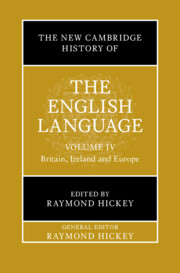
The New Cambridge History of the English Language
- Britain, Ireland and Europe
- Coming soon
-
- Expected online publication date:
- February 2026
- Print publication:
- 28 February 2026
-
- Book
- Export citation
Critical Perspectives on Data Access for Research
- Coming soon
-
- Expected online publication date:
- February 2026
- Print publication:
- 31 March 2026
-
- Book
- Export citation
Climate Justice
- Resisting Marginalisation
- Coming soon
-
- Expected online publication date:
- February 2026
- Print publication:
- 31 March 2026
-
- Book
- Export citation
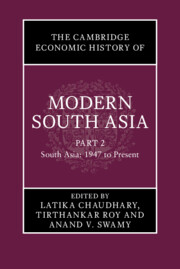
The Cambridge Economic History of Modern South Asia
- Coming soon
-
- Expected online publication date:
- February 2026
- Print publication:
- 28 February 2026
-
- Book
- Export citation
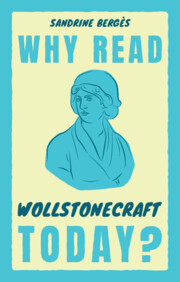
Why Read Wollstonecraft Today?
- Coming soon
-
- Expected online publication date:
- February 2026
- Print publication:
- 31 January 2026
-
- Book
- Export citation
